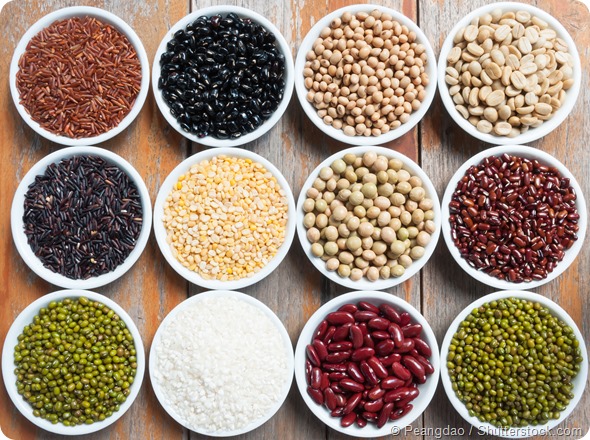Eating just one serving of pulses a day is enough to help people lose weight and keep that weight off, according to a new study.

The findings, which were published in The American Journal of Clinical Nutrition, came from an analysis of 21 clinical trials involving 940 people. Lead author, Dr. Russell de Souza, from St Michael’s Hospital, Toronto, Canada, and team found that simply adding 130g (about ¾ of a cup) of beans, peas, chickpeas or lentils to the diet on a daily basis led to an average loss of 0.34 kg or 0.75 pounds over a period of six weeks. This weight was lost without any particular effort being made to reduce the intake of other foods.
Though the weight loss was small, our findings suggest that simply including pulses in your diet may help you lose weight, and we think more importantly, prevent you from gaining it back after you lose it,”
Dr. Russell de Souza, St Michael’s Hospital.
The research followed a previous study carried out at the hospital which had shown that eating pulses on a daily basis made people feel more full than if they ate a control diet.
This new study fits well with our previous work, which found that pulses increased the feeling of fullness by 31 per cent, which may indeed result in less food intake,”
Dr. Russell de Souza.
Adding pulses to the diet also significantly reduced the level of LDL or “bad” cholesterol, so named because it contributes to the build up of plaque deposits that clog and harden arteries.
de Souza points out that the majority of weight loss interventions fail, with people regaining weight, possibly partly due to hunger and cravings. Therefore, people being aware of which foods can make them feel fuller for longer may help to keep the weight off on a longer term basis.
Currently, only 13% of Canadians eat pulses on any given day and most do not consume the whole serving, according to de Souza, who thinks there is “room for most of us to incorporate dietary pulses in our diet and realize potential weight management benefits."